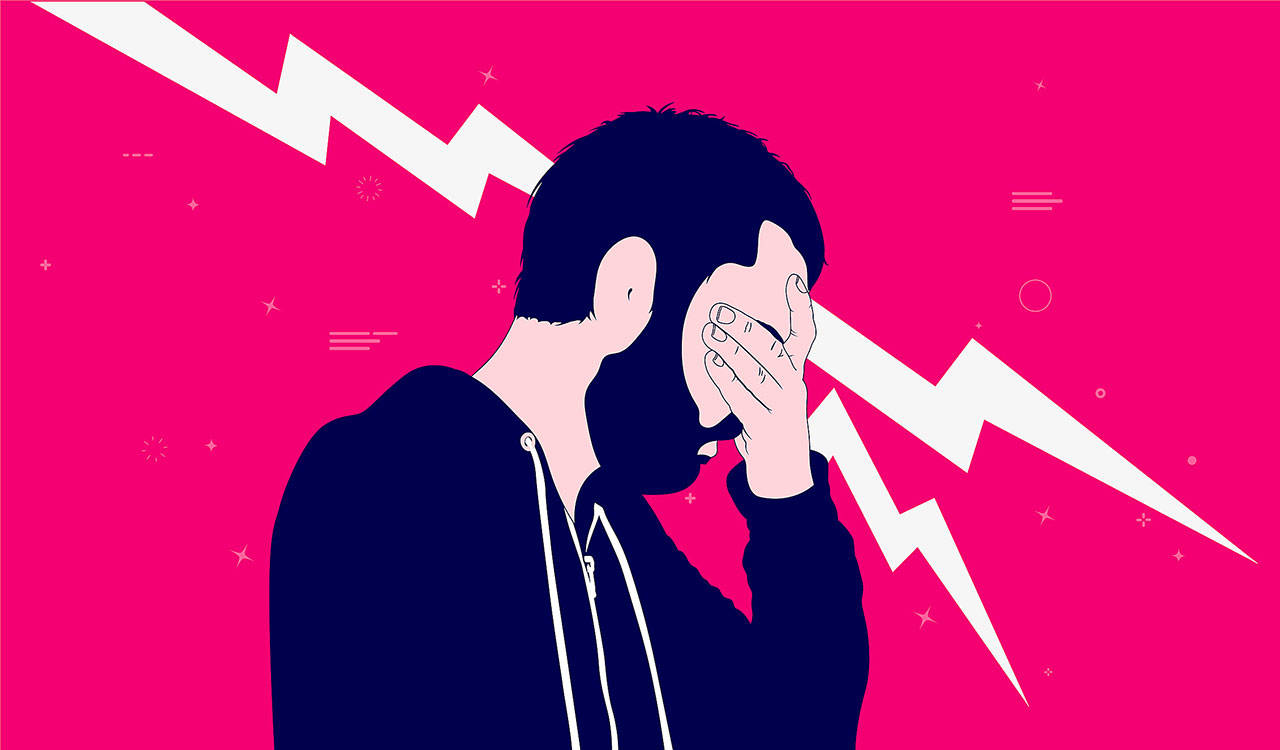By Lauren Gresham / Special to The Herald
Ever since my teens, I have been a migraine sufferer. I am one of those people that has a plethora of triggers for migraines, so learning to live with this awful condition has been a lifelong journey. Luckily, as a naturopathic physician with an investigative personality, I have found many things to be helpful for my own migraines (and for my patients, too!) and I am excited to share a few tips with you.
Migraines are unique in that they are accompanied by systemic symptoms as well as head pain. These symptoms may vary, but can include nausea, light and sound sensitivity or visual disturbances before or during the attack.
A migraine specialist offered this very simplistic definition: a headache is head pain, a migraine makes you feel ill overall. It’s an “I’m actually sick headache.” While this definition is brief, it really highlights that the effects and recovery from a migraine can take days, even after the acute pain has resolved.
One of the things that has been most surprising to me about working with migraine patients is how frequently food triggers have been overlooked. In fact, it took nearly two decades until someone educated me about what I would discover was my major food trigger: tyramine and histamine rich foods. I am amazed at how many patients have been to countless specialists for this issue and have never even heard about tyramine.
Many migraine suffers are sensitive to foods and food additives that create excessive brain stimulation. Monosodium glutamate and aspartame are two great examples.
Glutamate is an excitatory neurotransmitter, meaning it revs the brain up. Studies are controversial about whether MSG can actually impact brain functioning and levels of glutamate, but in my clinical experience, investigation into MSG as a migraine trigger has proven fruitful. Note: MSG may be listed as an ingredient by other names, such as “yeast extract” or “flavor enhancer.”
Aspartame is similar in mechanism (and controversy) to MSG in that it contains an amino acid (aspartate) that is excitatory. And likewise, while the clinical research is debatable if this does or does not cause migraines, I have seen some patients benefit from eliminating this from their diet.
Tyramine and histamine are naturally occurring amino acid byproducts of different foods and both also have the capacity to be neurologically stimulating and a migraine trigger for many. Tyramine and histamine form in foods as they age and ferment. They are especially high in cheeses, wine and certain types of beer, aged and smoked meats, chocolate and other fermented foods.
There are some nuances as well, such as very ripe bananas being high in tyramine and citrus fruits being high in histamine. If you consult a list of foods that are high in tyramine and histamine, you might feel very overwhelmed. Tyramine and histamine are extremely ubiquitous in food!
Rest assured, if you discover that you are sensitive to one of these, there is hope. The No. 1 key I can offer for avoiding them is to eat the freshest food possible.
I store all of my meat in the freezer and literally thaw it in hot water right before I cook it. I do not eat high-protein leftovers after 24 hours. I buy groceries frequently and I keep things well-rotated in my kitchen. This has taken several years of conditioning, but now, it is second nature. And for me, this change has resulted in an 80% reduction in my migraine frequency, so it is well worth the effort.
A few other things that I have seen yield great results for patients: Caffeine can be helpful for some people suffering from migraines and for others, it triggers migraines. Sulfates, an additive that preserves wine, may also trigger migraine for some folks (and yes, this is also controversial).
Dehydration nearly uniformly makes headaches and migraines worse, so drink up and stay hydrated. Magnesium rich foods, such as green leafy vegetables, pumpkin seeds and almonds, and potentially a magnesium supplement, are helpful for preventing migraines. Riboflavin, aka B2, has some pretty strong research that it can help prevent migraines when taken for more than three months.
And finally, a strong dose of ginger can be used acutely to lessen the intensity of a migraine. I have found ginger tea, potent ginger candy or old-fashioned ginger soda all work, in addition to the actual root.
A specialist can offer you many more tips and tricks to help you navigate this debilitating condition, so when in doubt, consider seeing a professional. I hope that some of my recommendations may be helpful to you. If you have other tips and ideas you would like to share with me, feel free to send me a message through my website. Be well, y’all!
Dr. Lauren Gresham is a naturopathic physician and a community health education specialist. Learn more about her by visiting www.totallylovablenaturopathic.com.
Talk to us
> Give us your news tips.
> Send us a letter to the editor.
> More Herald contact information.

























